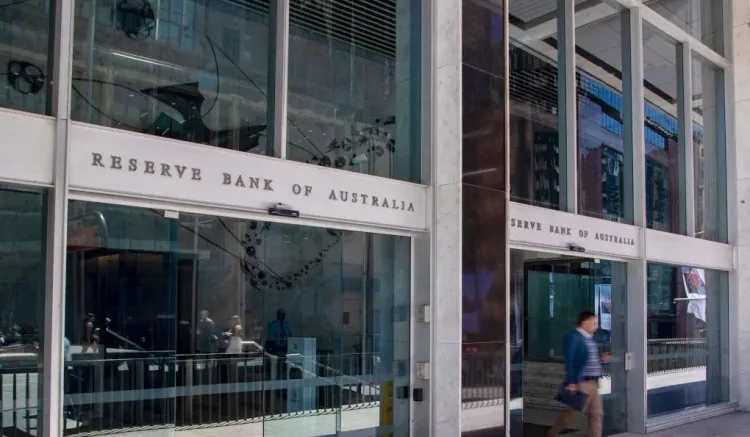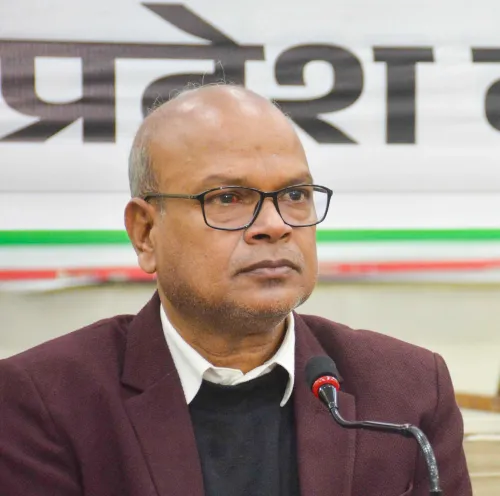Should Australia's Central Bank Ban Card Payment Surcharges?

Synopsis
Key Takeaways
- The RBA proposes banning surcharges on card payments.
- Consumers could save over AUD 1 billion annually.
- Eliminating surcharges aims to improve payment system efficiency.
- The proposal includes lower interchange fees for businesses.
- Increased transparency for card network fees is also suggested.
Sydney, July 15 (NationPress) The central bank of Australia has put forth a proposal to eliminate surcharges on card payments, claiming that this could save consumers more than AUD 1 billion annually. In a consultation document released on Tuesday, the Reserve Bank of Australia (RBA) stated that its review of merchant card payment costs and surcharges indicates that abolishing these fees for payments made via eftpos (the local debit card system), as well as Mastercard and Visa, would be beneficial for the public.
Currently, Australians are incurring AUD 1.2 billion (approximately USD 768 million) in card payment surcharges each year, and the RBA argues that these charges are failing to fulfill their original purpose of guiding customers towards more efficient payment options, particularly as cash use declines.
RBA Governor Michele Bullock remarked during a press conference, "It's time to tackle these excessive costs and inefficiencies within the system." Under existing regulations, businesses cannot impose a surcharge that exceeds the cost incurred for accepting a particular payment method. The RBA noted that accepting eftpos and debit cards generally costs merchants less than credit cards, as reported by Xinhua news agency.
However, the review found that many businesses are charging the same surcharge rate across all card types.
"Eliminating surcharges would simplify card payments, enhance transparency, and foster competition within the card payments ecosystem," the RBA stated.
Last October, Australia's Treasurer Jim Chalmers declared that the federal government would ban surcharges for debit card transactions. The RBA's assessment concluded that it would be more straightforward to remove surcharges from both debit and credit cards to prevent confusion and implementation hurdles.
Additionally, the central bank has suggested lowering the cap on interchange fees paid by businesses, which it claims would benefit 90% of businesses and save an additional AUD 1.2 billion each year.
Moreover, the proposal would require credit card networks like Visa and Mastercard to disclose the fees they charge, thereby improving transparency and competitiveness.
The review will be concluded following a consultation period of six weeks.










